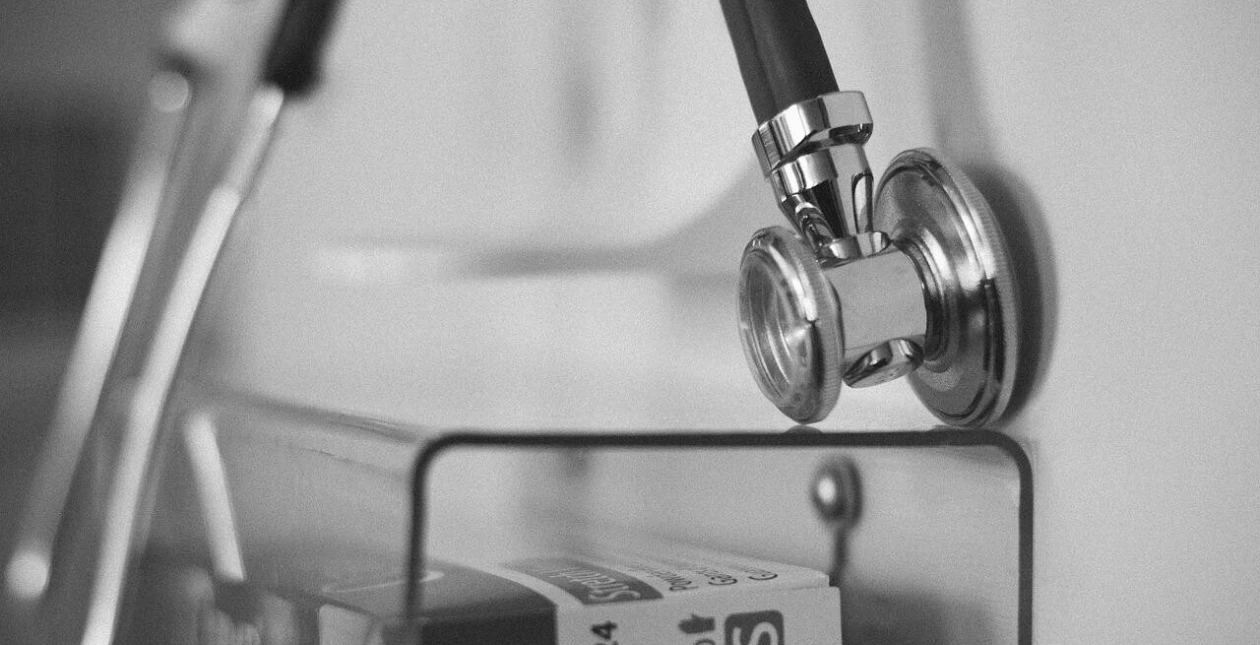Not all health insurance plans are the same, so you should check the available coverage for primary treatment and look for additional coverage depending on your needs.
Here are some common exclusions listed as a quick reference for people who want to buy health insurance.
1. Pre-existing diseases
If a person suffers from an illness before purchasing insurance, it is not covered on the first day of insurance. Such cases are known to be pre-existing conditions and are usually treated after a waiting period of 2-4 years or longer, depending on the type of disease and risk.
Now it varies from one insurance provider to another. Some insurance providers do not provide coverage for high blood pressure and diabetes, while others do.
Some insurance companies offer coverage of existing diseases if the insured lasts a sufficiently long in the insurance policy, e.g. 12 – 48 months.
In the case of some insurers, the payment of the extra premium will cover the primary illness of the insured.
2. Pregnancy and childbirth
The conditions of childbirth are not included in the health insurance. These include pregnancy and outcomes, miscarriage and any treatment resulting from pregnancy or pregnancy recovery.
Some health insurance companies offer coverage (with a sub-limit) for pregnancy and childbirth after a waiting period of 2-4 years.
Even if it is a caesarean section or a complication due to pregnancy, insurance companies do not consider pregnancy a condition that should be included in a health insurance plan. Most insurance providers offer financial protection for abortion unless necessary to save the mother’s life.
Abortion
Abortion is still not legally approved and is not included in health insurance. Remember that voluntary abortion is not covered by health insurance.
Read: If want to know about maternity health Insurance in details.
3. Cosmetic Surgery
Plastic surgery is commonly used to improve the appearance of people and is not a life or health-threatening activity.
Plastic surgery is a personal choice. It is not required. Therefore, all types of cosmetic procedures are not covered by health insurance.
These surgeries are not life-threatening or dangerous. So liposuction, Botox or similar surgeries are not covered by health insurance.
In an accident or injury requiring plastic surgery, it is usually covered.
4. Dental Coverage
Dental conditions generally do not require hospitalization and are not covered by health insurance plans.
The dental treatment expenses are covered only when required due to an accidental injury.
5. Hearing & Vision
There could be two kinds of cases here, either it is a pre-existing condition, or it is a result of accidental damage which requires hospitalization. Again, treatments that don’t require hospitalization are not covered under a health insurance policy.
Not all health insurance plans are alike, and hence, you need to check on the coverage available for essential treatments and look for additional coverage depending on your requirement.
6. Diagnostic Costs
The costs of detecting the virus or pathological follow-up (blood test, scanner) of your body in a hospital or nursing home are not covered by health insurance.
7. Miscellaneous Costs
Registration fees, entrance fees and service costs are not charged by the health insurance.
8. Dietary Supplements
Health tonics and protein shake that are not consumed by a person to fight disease are not covered by health insurance.
However, if a doctor recommends these supplements as part of treatment during hospitalization, it is only if the insurance plan legally covers the person.
9. New medical devices
New medical devices are often covered only when evidence of years of cost and benefit is available. Some prescription drugs that are prescribed for off-label use may also be rejected.
10. Charges for Alternative Treatments
Expenses incurred for alternative treatments such as aromatherapy, acupressure, naturopathy, massage, reflexology, acupuncture and others are not covered.
11. Other medical conditions
Some specific diseases are usually not included, such as cataracts, hernias, calculus disease, gallbladder removal, hydrocephalus, sinusitis, joint replacement surgery, hemorrhoids, anal fistula, benign prostatic hyperplasia and other age-related diseases such as osteoporosis.
Medical insurance coverage. However, some companies offer variants for these ailments by offering time-limited or partial cost coverage.
12. Suicide Attempts
No reimbursement will be made for treatment after a suicide attempt.
13. Weight control surgery
Weight management surgery is not covered unless requested by your doctor.
14. Dangerous or adventurous sporting profession
Treatment costs are incurred in adventurous activities such as rafting, mountaineering, scuba diving and horse racing.
15. Outpatient expenses
The cost of meeting a doctor and performing procedures in the outpatient / OPD category (no hospitalization).
16. Narcotics and Drugs
Treatment was given for alcoholism, drug or substance abuse, or addictive symptoms.
17. Other exclusion
Conclusion
Remember that not all policies are the same or all insured, so it is best to check both inclusions and exclusions when buying a policy.
So you already know which services your health insurance covers and which do not.




